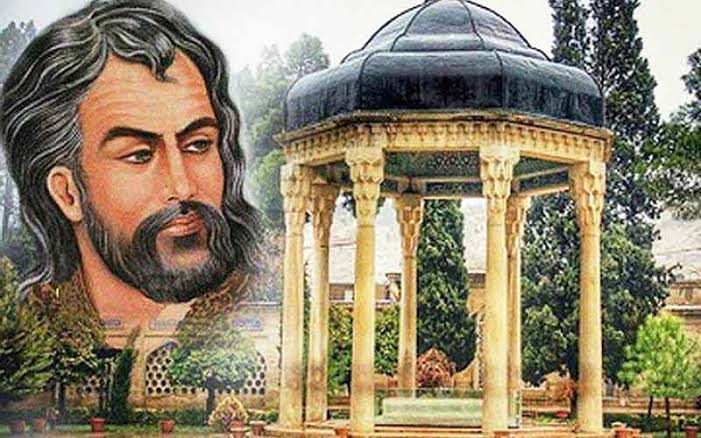Hafez, born Khwāja Shams-ud-Dīn Muhammad Hāfez-e Shīrāzī between 1315 and 1325 in Shiraz, Persia (now Iran), is celebrated as one of the most influential Persian lyric poets. His pen name, "Hafez," signifies someone who has memorized the Quran, a feat he accomplished at an early age.
Throughout his life, Hafez was associated with the courts of various rulers in Shiraz, including Shah Abu Ishaq and Jalal ud-Din Shah Shuja. His poetry, primarily composed in the form of ghazals, delves into themes of love, faith, and the critique of hypocrisy. He often employed imagery of wine and taverns to symbolize spiritual ecstasy and liberation.
Hafez's most renowned work is his "Divān," a collection of his poems compiled posthumously. This compilation has profoundly influenced Persian literature and is a staple in many Persian-speaking households, with individuals frequently memorizing and reciting his verses.
The exact date of Hafez's death is uncertain, but it is generally believed he passed away around 1390 in Shiraz. His tomb, located in the Musalla Gardens of Shiraz, remains a significant cultural site, attracting visitors who honor his literary legacy.
Hafez's influence extends beyond Persian literature; his works have inspired Western writers such as Goethe and Ralph Waldo Emerson. His poetry continues to be integral to Persian music, art, and calligraphy, reflecting its enduring resonance across cultures and generations.
Sokhanvar information
Published on Dec. 24, 2024, 12:51 p.m. by @admin
- Name: Khājeh Shams-od-Dīn Moḥammad Ḥāfeẓ-e Shīrāzī
- Persian Name:: خواجه شمسالدین محمد حافظ شیرازی
- Alias: Hafez
- Comments: 0
- Views: 982
Works
Divan of Hafez

